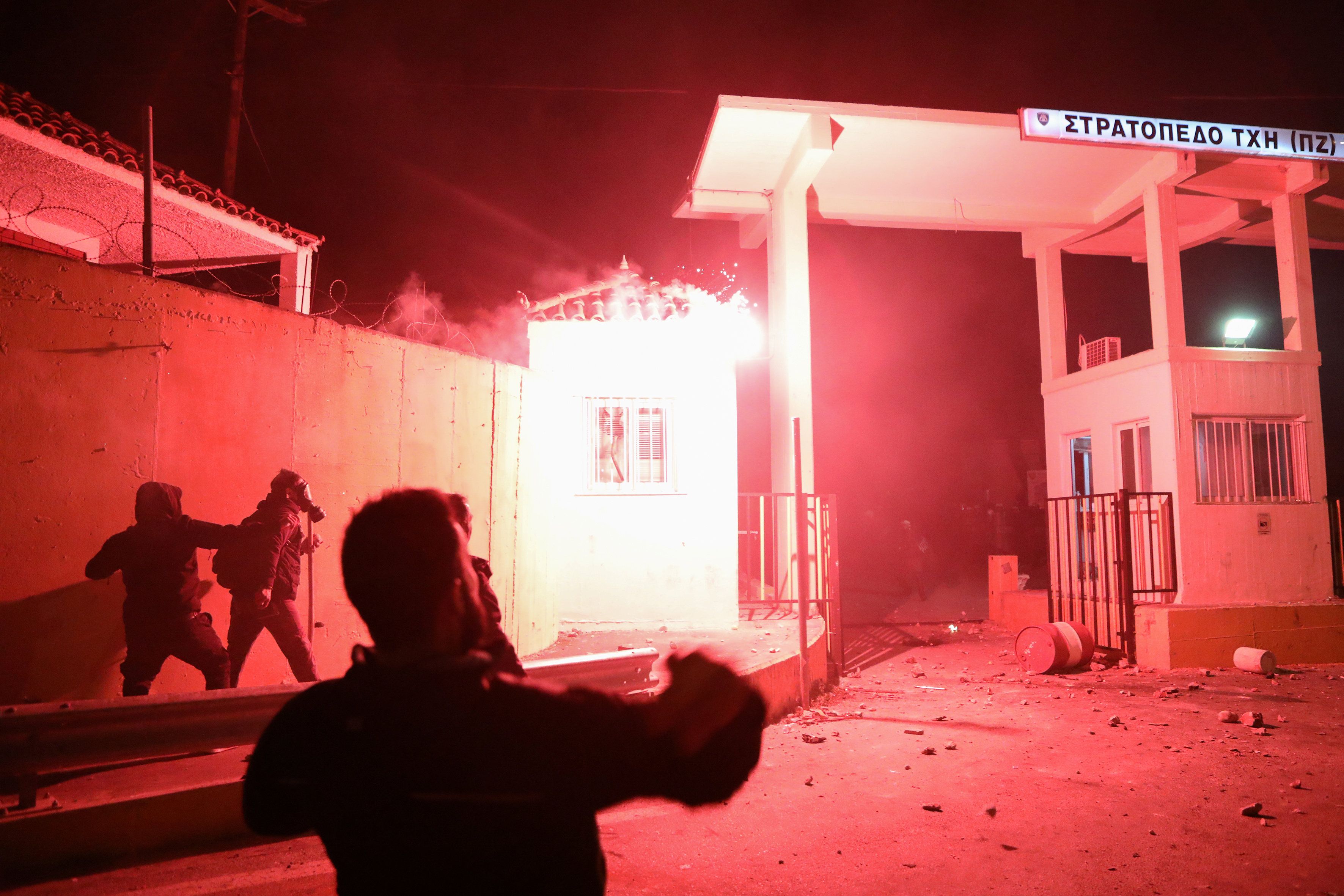February 27, 2020
Haiti's protests – After decades of dictatorship and then chaotic democracy, about 60 percent of Haiti's 11 million people still live in poverty today. Why? For the thousands of protesters who've raised their voices for the past several months, President Jovenal Moise and those around him have stolen billions of dollars that should have been spent on Haiti's economic development. Moise, who maintains he's stolen nothing, blames government dysfunction and says the opposition has made it impossible to hold elections that would seat a new parliament. In response, he proposes a new constitution, to be ratified by popular referendum, that would give the president expanded powers to sweep aside gridlock. Protests have become violent, more than 40 people have been killed, and Amnesty International accuses security forces of "excessive force." Something's got to give, but as Haiti has proven again and again over the decades, that's not the same as saying that progress will be made.
Greek Island clashes intensify – More than 60 people on the Greek islands of Lesbos and Chios have been injured in violent clashes over the Greek government's plan to build new migration centers there. The Greek islands have long been the gateway to Europe for migrants fleeing Africa and the Middle East via the nearby Turkish coast. But many residents there argue that their communities are already under-resourced and overcrowded as a result of the influx. In Lesbos, for example, 19,000 migrants are currently housed in squalid conditions in a camp originally designated to hold fewer than 3,000. Locals say asylum seekers should be sent to mainland Greece. Despite ongoing talks, Athens says it's moving ahead with the plan, even as the violence extends into a third day.
A stunning short film about the Venezuela protests – In the spring of 2017, Venezuelan cinematographer Braulio Jatar was studying film in New York City when massive anti-government protests erupted in his home country. He took his camera and went to Caracas to document the unrest, embedding himself with a team of medics who treated the wounded on all sides. His award-winning 9-minute film, Where Chaos Reigns, takes an unflinching, beautifully shot – and decidedly apolitical – look at the protests from right on the frontlines.
What We're Reading
Afghan women in prison – Afghanistan has long been one of the most dangerous places on earth to be a woman. Perpetrators of violence against women enjoy a culture of impunity, and police are notorious for forcing women – who have no financial autonomy – to return home to their abusive husbands. And so for some Afghan women the only way they could escape these marriages and protect their children was to murder their husbands. In this compelling photo essay, the New York Times chronicles the experiences of women who killed their spouses and found sanctuary at Herat Women's Prison in western Afghanistan. The photos, and the women's stories, are mesmerizing.
More For You
Mastercard Economic Institute's Outlook 2026 explores the forces redefining global business. Tariffs, technology, and transformation define an adaptive economy for the year ahead. Expect moderate growth amid easing inflation, evolving fiscal policies, and rapid AI adoption, driving productivity. Digital transformation for SMEs and shifts in trade and consumer behavior will shape strategies worldwide. Stay ahead with insights to help navigate complexity and seize emerging opportunities. Learn more here.
Most Popular
Think you know what's going on around the world? Here's your chance to prove it.
President Donald Trump delivers an address to the nation from the Diplomatic Reception Room of the White House, in Washington, D.C., U.S. Wednesday, Dec. 17, 2025.
Doug Mills/Pool via REUTERS
Less than one day after US President Donald Trump declared a military blockade of sanctioned oil tankers from Venezuela, he addressed the nation during a rare primetime speech – but didn’t talk about Venezuela.
Indian Prime Minister Narendra Modi isn’t necessarily known as the greatest friend of Muslim people, yet his own government is now seeking to build bridges with Afghanistan’s Islamist leaders, the Taliban.
© 2025 GZERO Media. All Rights Reserved | A Eurasia Group media company.
